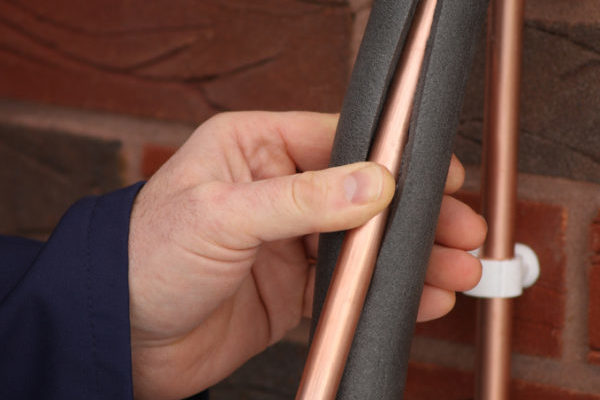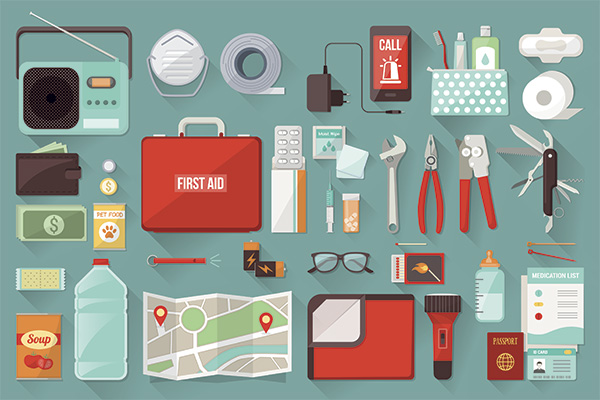For most people, winter storms are an inconvenience. But for small business owners, they can be a catastrophe waiting to happen. Snow, freezing rain and sub-zero temperatures can wreak havoc on smaller firms, damaging property, snarling supply lines and slowing foot traffic. Thankfully, by following a few simple steps, entrepreneurs can avoid falling victim to Old Man Winter.
Insure Your Business And Assets
A good commercial insurance policy is your best defense against nasty winter weather. Make sure you’re covered with a business owner’s policy, which combines general liability insurance and property damage coverage. That way if a customer slips and falls on icy steps, or if your pipes freeze and rupture, you won’t be left with a hefty bill. Businesses with vehicles should also look into commercial auto insurance, which will cover storm-related fender benders. Thankfully, GEICO makes it easy to get all of the above and more for your business.
 Winterize Everything
Winterize Everything
- Drain your hose lines and turn off the water to outside valves.
- Remove the hose from the water valve and store it in a garage or shed.
- Be sure all of your outdoor plants and trees are trimmed back.
- Bring in or cover any outdoor furniture.
- Cover your air-conditioning condenser unit.
- Clean out your gutters.
- Check the weather stripping around doors and windows.
- Replace any old, drafty windows. Use a door draft blocker to insulate entryways.
- Have your heating system checked by a professional.
- Replace your furnace filter.
- If you have a fireplace/chimney, have them cleaned.
- Clean dust or dirt from your air registers, dust ceiling fan blades and bathroom fans, and clean out your dryer vents with a vacuum hose attachment.
- Insulate your water pipes.
- Perform scheduled maintenance on your vehicles. (Here’s an easy winter car prep checklist to get you started.)
Conduct Emergency Drills
Winter storms breed chaos, and businesses that aren’t prepared can find themselves in a big financial hole. That’s why the Federal Emergency Management Agency (FEMA) recommends running emergency drills before the bad weather hits. FEMA has a series of exercises designed specifically for small businesses. They run the gamut from communicating without cell phones to dealing with burst pipes.
Gear Up With Emergency Kits
You’ll need a host of supplies to make it through a bad winter storm. Topping the list is a gas-powered generator that will supply your business with electricity if the power goes out. Just make sure it’s outside; the exhaust is laden with carbon monoxide, which is responsible for hundreds of accidental deaths every year. Other things you should have on hand: shovels, emergency medical gear, flashlights, rock salt and even some extra toilet paper. But don’t just stock your buildings; make sure all your vehicles carry an emergency safety kit. (Watch the video here for tips on what to include in your emergency car safety kit.)
Prepare For The Worst
The fallout from winter storms can last for days—and sometimes even weeks. Because most small firms can’t afford to be idle for that long, a business continuity plan is key. A good one will spell out exactly how you’ll keep your business going in the event of a disaster. It should include strategies for keeping your supply lines open, communicating with employees, setting up a temporary headquarters and dealing with insurance claims. The federal government has some great tips on how to develop a continuity plan.
Watch The Weather Forecast
The National Weather Service keeps close tabs on winter storms with an easy-to-use interactive map. If a storm is approaching, visit the site for details and heed the service’s warnings.
Learn more about how GEICO can help protect your business from weather and more.
Read more: Is your small business properly insured?
By Andrew Raven










Leave a comment